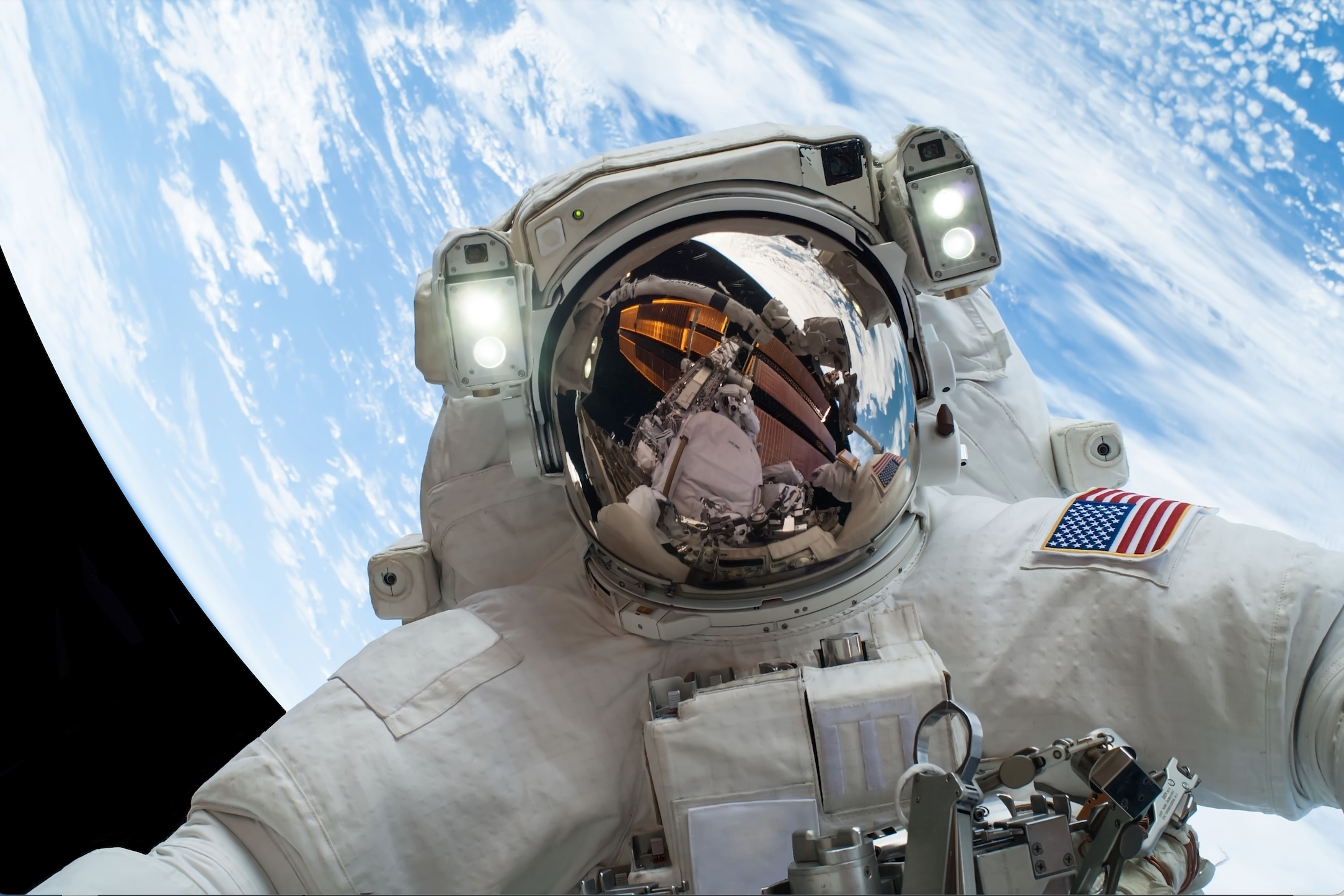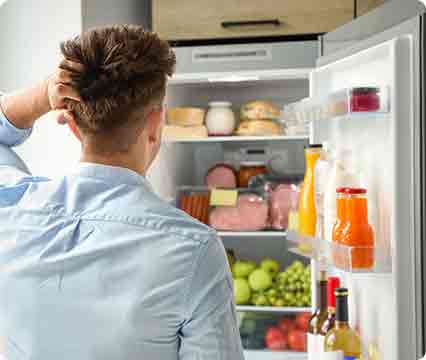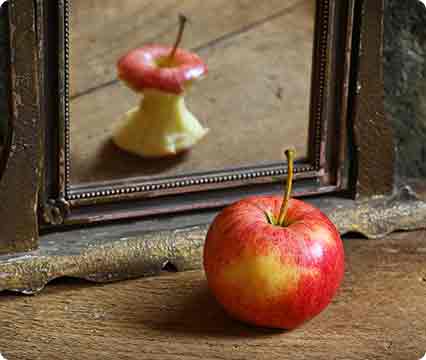Food acceptability and selection by astronauts on International Space Station missions informs strategies and risks for deep space exploration

This research article explores the dynamics of food system acceptability and its correlation with repeat consumption within the context of the spaceflight food system, specifically among astronauts aboard the International Space Station (ISS). The study involved 15 astronauts who assessed the acceptability of meal items weekly over missions lasting approximately six months to one year. Findings revealed that acceptability scores remained consistent throughout the duration of the missions, indicating a stable preference for certain food items. Initially, astronauts tended to select their preferred foods, often avoiding items they did not enjoy. While their chosen foods remained well-liked, the data showed that many items were favored only by individual astronauts, underscoring the variability in personal food preferences. This limitation in food variety and the selection of only highly liked items may have significant implications for astronauts’ overall nutritional intake, especially within the confined food systems of the ISS. Such findings pose challenges for future exploration missions where food options may be pre-selected and personal preferences cannot be met. Astronaut feedback highlighted specific food types and strategies that could enhance the acceptability of future space food systems, providing valuable insights for their development. [NPID: Spaceflight, performance, selection, preference, International Space Station]
Year: 2025

 Navigation
Navigation








